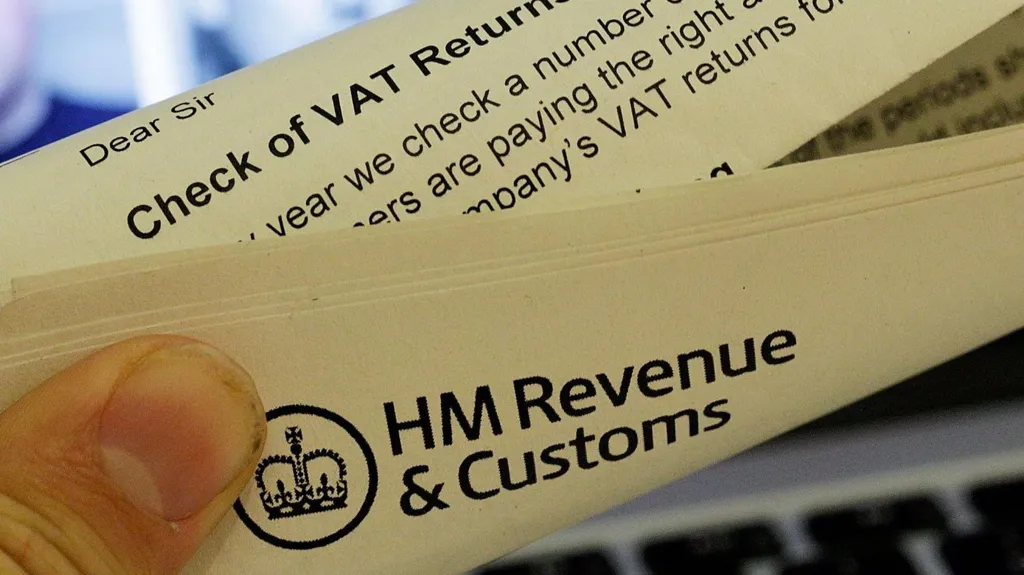Criminals have stolen £47 million from the HMRC system using a large-scale phishing scam, affecting around 100,000 people.

According to HMRC, scammers used fake identities to create online tax accounts and claim fraudulent rebates. This wasn’t a traditional cyberattack or system hack. Instead, they used personal data collected through phishing to trick the system.
The tax office has confirmed that:
-
No customer has lost personal money.
-
Affected accounts have now been locked and secured.
-
Letters are being sent to those impacted, reassuring them they don’t need to take action.
What It Is
This HMRC phishing scam worked by gathering real people’s details like names, addresses, and National Insurance numbers and then setting up fake online accounts in their name. Criminals then claimed tax refunds as if they were the real person.
Importantly:
-
The money was taken from HMRC, not from taxpayers’ bank accounts.
-
Most victims didn’t even know they had online tax accounts set up in their name.
-
The scam was uncovered and disrupted after HMRC noticed strange activity.
HMRC says the scam changed over time, making it harder to stop. However, they’ve made several arrests and say they’re continuing to track and shut down fake accounts.
Quick link: What Is the New Covid Variant NB.1.8.1?
So What? Insights
This is one of the biggest digital frauds ever seen in the UK tax system. And it highlights a major issue:
Even government platforms are vulnerable to sophisticated scams.
It also raises serious questions:
-
How safe is your personal data?
-
How quickly are institutions responding to scams?
-
Should people be informed earlier when their identity is used?
Although this wasn’t a hack, it’s a clear sign of rising digital crime, using social engineering, phishing, and fake identities to access public systems.
Key Implications
-
Phishing remains a top cyber threat – Even without hacking, scammers can cause millions in damage.
-
Public trust in digital systems is at risk – If scammers can make fake HMRC accounts, people may be more cautious using online services.
-
Data protection is more important than ever – Phished data can open doors to all kinds of fraud.
-
Government systems must act faster – Parliament was only told after the news broke, MPs weren’t happy.
Practical Takeaways
-
Watch out for phishing emails and texts. Don’t click suspicious links claiming to be from HMRC.
-
Use strong, unique passwords for any online tax or government accounts.
-
Check if you have an HMRC online account, even if you’ve never made one. You can do this via GOV.UK.
-
Monitor your credit score or set up fraud alerts to catch any fake accounts in your name.
Final Thoughts
The £47m HMRC phishing scam is a wake-up call. It shows how far scammers will go and how vulnerable digital systems can be when they rely on personal data.
HMRC says the issue is now under control, but trust must be rebuilt. With cybercrime constantly evolving, both the public and government must stay alert.
Stay Ahead Effortlessly with SoWhat?
Want to stay informed without endless scrolling? SoWhat? is your AI-powered insights assistant, delivering concise, personalised reports on world events straight to your inbox—every 24 hours.
Stay sharp. Stay informed. Get your free daily report HERE.












